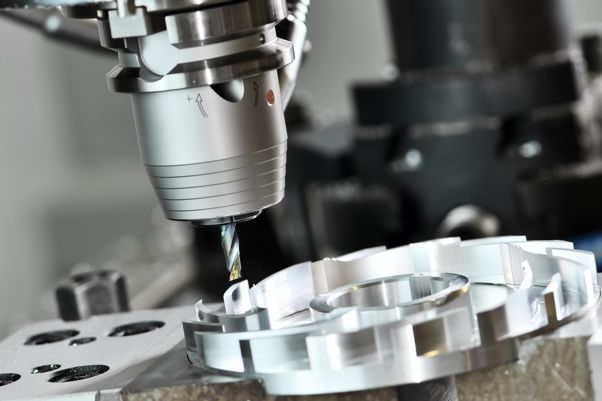CNC machining has been around for decades, and it is still one of the most widely used manufacturing processes in various industries today. While the technology behind CNC machining has improved tremendously, there is one thing that remains constant: the cost of producing parts using CNC machines. Also, cnc machining costs factors can vary significantly, and it is essential to understand the factors that affect them.
In this blog, we will take a closer look at the most critical factors that impact CNC machining costs.
1. Part Complexity:
Part complexity plays a significant role in determining CNC machining costs. Parts with intricate shapes or dimensions that require specialized tooling and fixturing tend to be more expensive to produce. Similarly, parts that require multiple setups, such as those with asymmetrical features, are more time-consuming and costly to manufacture than simpler parts. Therefore, it is essential to take part of complexity into account when estimating CNC machining costs.
2. Material Selection:
Material selection is another critical factor that influences CNC machining costs. Different materials have varying costs associated with them, with some being more expensive than others. Exotic materials like titanium and nickel alloys are generally more expensive than commonly used materials such as aluminum and steel. Additionally, the quality of the material can affect the machining process and, consequently, the cost of production.
3. Quantity:
The quantity of parts that you need to produce significantly affects CNC machining costs. For instance, parts that require only a few pieces may not benefit from bulk pricing, thus resulting in higher unit costs. On the other hand, producing more parts might qualify for volume production discounts, which reduces the unit cost.
4. Tolerance Requirements:
Tolerance requirements refer to the precision with which a part needs to be machined. The tighter the tolerance, the more expensive it is to produce a part. Tight tolerances require specialized equipment and tooling, which come at a premium cost. Therefore, it is critical to identify the required tolerance early on in the production process to avoid any unexpected costs later on.
5. Design for manufacturability:
Design for manufacturability (DFM) is a critical consideration when it comes to CNC machining costs. A poorly designed part can make the machining process more difficult, time-consuming, and expensive. On the other hand, a well-designed part can simplify the machining process while also saving time and money. Therefore, it is essential to involve CNC machining experts in the design process to ensure that the parts are optimized for the machining process.
Conclusion:
CNC machining is an essential part of modern manufacturing. By understanding the factors that affect CNC machining costs, you can make informed decisions that will help you save time and money. Remember, part complexity, material selection, quantity, tolerance requirements, and design for manufacturability are the most critical factors to consider when estimating CNC machining costs. Contact a CNC machining expert today to help you with your next project and ensure that you get the best possible pricing.

